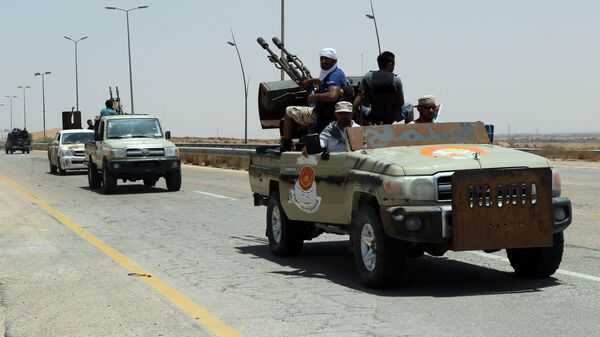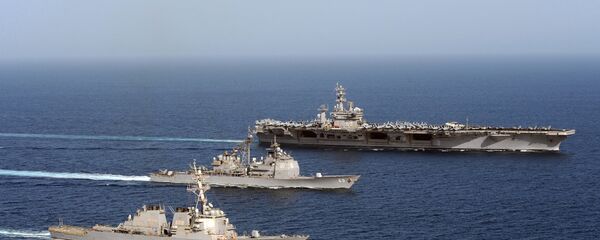"The first challenge right now is really to establish a united army for the fight against Daesh [Arabic acronym for IS]. This means what also here has to follow the Libyan political agreement. It says very clearly that the supreme commander of an Army is the Presidency Council – not the HOR [House of Representatives] or anybody else," Kobler said in an interview.
Libya has been in a state of turmoil since 2011, when a civil war broke out in the country and long-standing leader Muammar Gaddafi was overthrown. The country has been contested by two rival governments — the internationally-recognized Council of Deputies based in Tobruk and the Tripoli-based General National Congress — since mid-2014.
On March 31, the long-anticipated UN-backed Government of National Accord in Libya started to perform its duties, with the conflict outcomes yet to be addressed. The government has so far failed to unite the country.
The internal conflict and instability prompted the advance of militant groups, particularly Daesh, which is outlawed in Russia and many other countries.
In recent months, the Libyan forces led by Gen. Khalifa Haftar, the commander of the armed forces loyal to Libya's Tobruk-based government, have been launching offensives against Daesh. According to media reports, Libya's unity government opposes Haftar's operation against Daesh, fearing that it could escalate tensions in the region.



